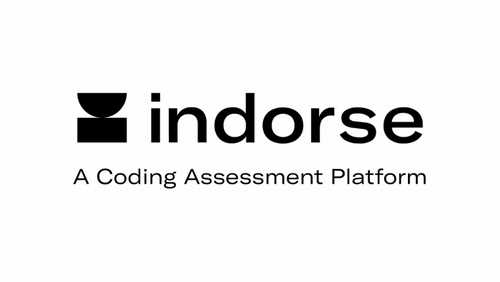Announced Tuesday, the platform gives investors access to commercial real estate properties, such as upscale hotels, AssetBlock CEO Mark Liddell told CoinDesk. The Algorand blockchain uses the ALGO cryptocurrency, but investors cannot trade their ALGO for real estate stakes just yet.
Real estate startup AssetBlock has launched a new platform for trading commercial properties that have been linked to tokens on the Algorand blockchain.
Liddell told CoinDesk that tokenized properties – including those held by Lodging Capital Partners, AssetBlock’s launch partner – will not go live until mid-October.
AssetBlock’s platform has been in development for over a year, according to Liddell, who said his team approached Algorand’s project managers early in the development process. They chose the Algorand network for its security and efficient network speeds.
Algorand’s fast transaction times are what CEO Steve Kokinos pointed to as the blockchain’s greatest advantage for real estate.
“We have immediate finality. If you start to look at high value assets like real estate, finality – having absolute certainty over who owns that asset – is very important”, he said.
Algorand has benefitted from an infusion of recent capital. Its Algo token sale raised $60 million in June; in August, investment company Arrington XRP raised $200 million for investment in Algorand projects.

Kokinos said tokenization improves access to global investments. “I think, at its core, the idea is to use tokenization and decentralized currencies to democratize finance”, he said.
“For a large number of people in the world, there are many different investment opportunities, financial services and other products that aren’t really accessible.”
Bank of America Joins Marco Polo Blockchain Trade Network
Bank of America has joined Marco Polo, a consortium working to bring efficiencies to international trade using blockchain technology.
Founded by startups R3 and TradeIX, Marco Polo is built on R3’s Corda blockchain platform. The network aims to deliver real-time connectivity, greater visibility for trading relationships and lower barriers to accessing capital.
According to an announcement emailed to CoinDesk Thursday, the bank said that as a long-standing provider of trade and supply chain finance solutions, it is becoming a Marco Polo member firm in order to offer better services for clients.
Geoff Brady, head of global trade and supply chain finance in Global Transaction Services at Bank of America, said:
“Joining the Marco Polo Network supports our strategic objective of turning technology advances into trade solutions that address client needs. We look forward to exploring how the new technology can generate greater transparency for our clients throughout the transaction lifecycle, making traditionally paper-based, opaque processes easier and more efficient.”
With Bank of America now in the group, David E. Rutter, R3 CEO, said he hopes more U.S. banks will be encouraged to join Marco Polo.
Rutter continued:
“As the network continues to grow, so too does the growing number of use cases blockchain technology presents in transforming financial markets. Trade finance is one such area that is set to benefit the most from the promise of blockchain and the increased efficiencies it can bring.”
Earlier this month, Mastercard too joined the consortium, saying that its business-to-business global trade unit, Mastercard Track, will provide an access point to Marco Polo’s working capital finance platform.
In August, Marco Polo said it had taken another step toward launching a live product. The 25-plus member group indicated at the time that a successful pilot had allowed a third party in a trade to trigger a payment to a supplier in real-time at the moment the goods are on their way to their destination. That milestone came after the network’s first live transactions in trials back in March.
Trade finance projects building with blockchain tech are rapidly increasing in number, thanks to the dangling carrot of increased efficiency and its resultant cost savings. There are already around 30 consortia in the space, including Voltron (also built on Corda), ethereum-based CargoX and Asia-focused eTrade Connect, which runs on Hyperledger Fabric.
As of last year, Bank of America had a $313.5 billion market cap, ranking it as the 13th largest company in the world, and the sixth largest public company in the U.S.

